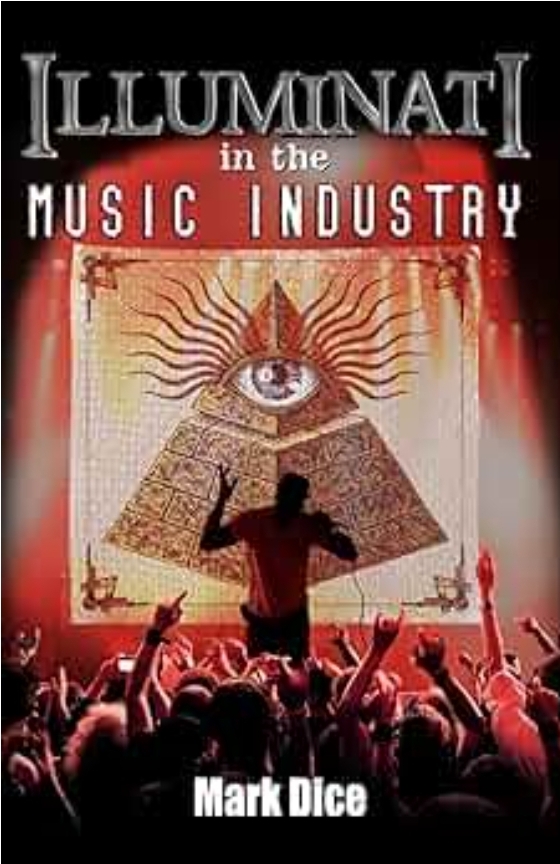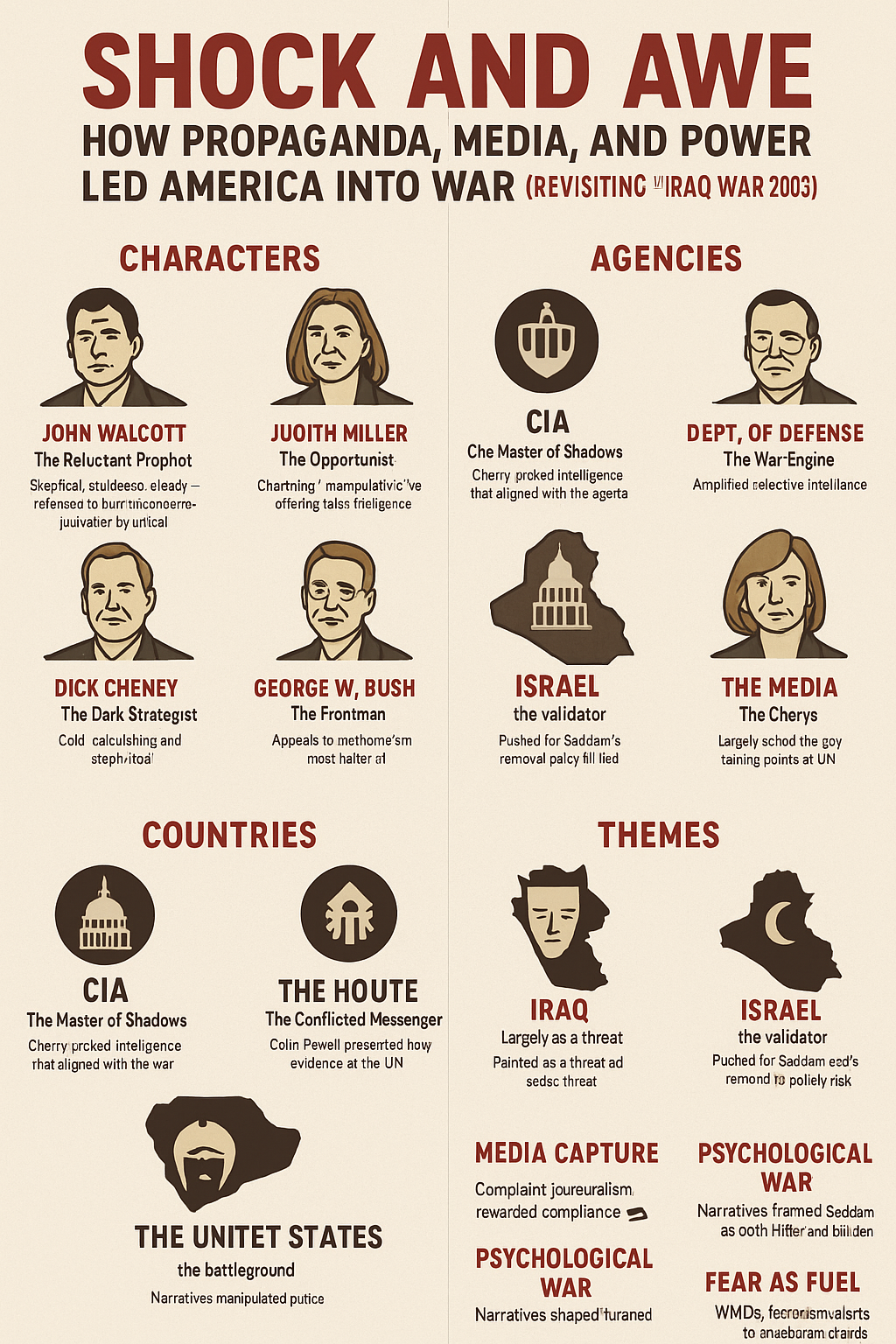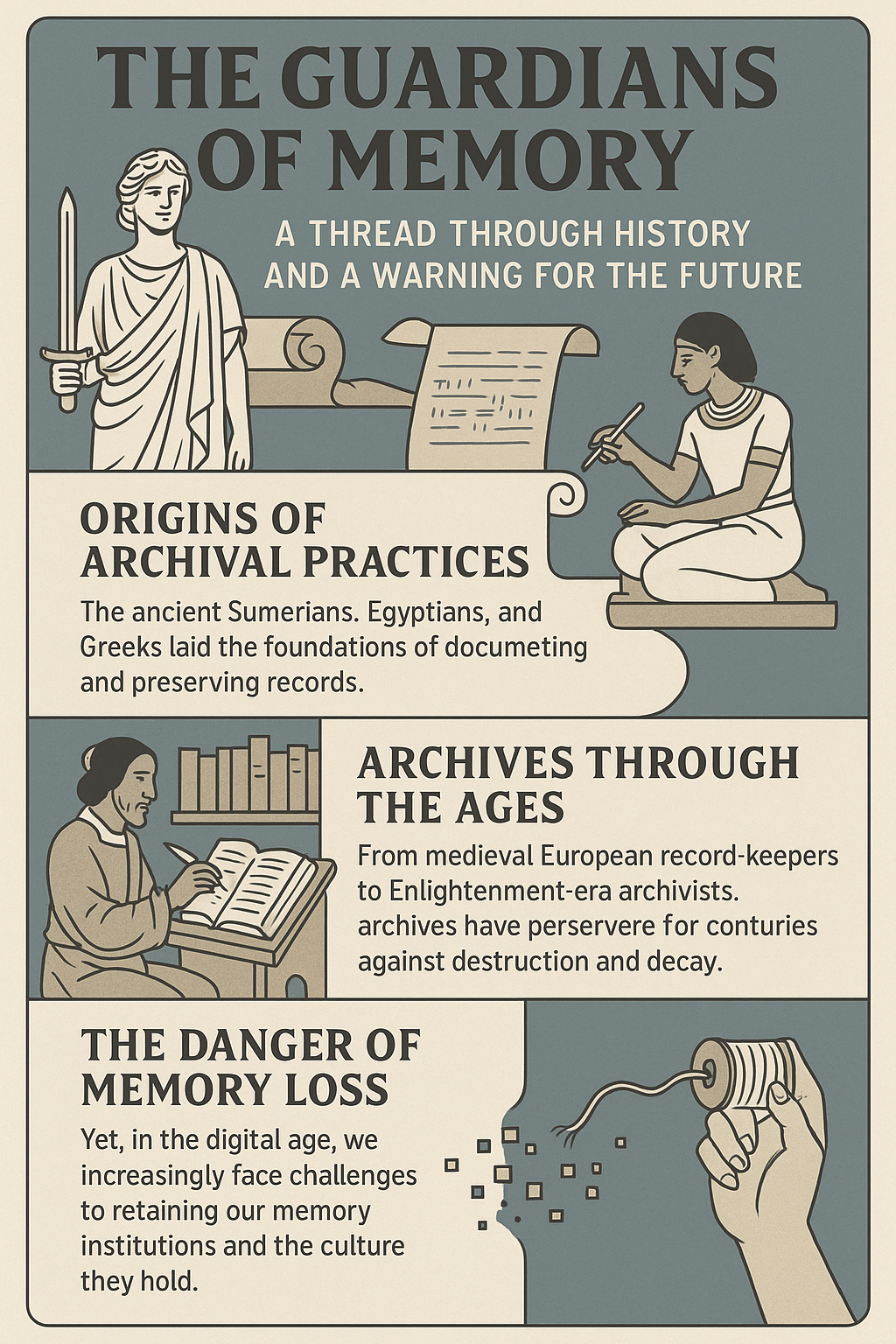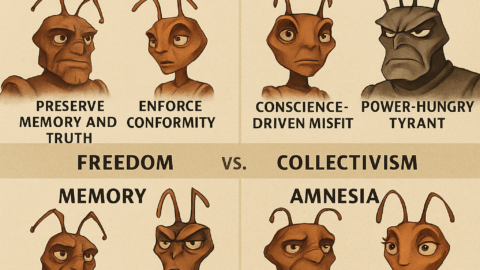Mark Dice’s Illuminati in the Music Industry delves into the conspiracy theory that the Illuminati, a secretive global elite, exerts influence over the music industry to manipulate and control the masses. Dice argues that popular musicians, record labels, and entertainment companies are part of a vast network that uses symbolism, lyrics, and imagery to subtly promote an agenda of social control, materialism, and moral decay.
Key Themes and Ideas:
The Illuminati’s Alleged Influence:
- Dice posits that the Illuminati, a group often believed to consist of the world’s wealthiest and most powerful individuals, uses entertainment—particularly music—as a tool for social engineering. He suggests that this secretive group is behind many of the messages and trends promoted in mainstream music, from promoting hyper-materialism and hedonism to more insidious ideas like moral degradation and spiritual confusion.
- Elite Control: The book suggests that certain figures in the entertainment industry are either knowingly or unknowingly working to promote the Illuminati’s agenda, creating a global culture that is increasingly superficial, consumer-driven, and spiritually lost.
Symbolism in Music:
- A major focus of Dice’s analysis is the use of occult symbolism in music videos, album covers, and performances. He claims that recurring symbols such as the all-seeing eye, pyramids, pentagrams, and other esoteric imagery are indications of the Illuminati’s presence.
- Artists like Jay-Z, Beyoncé, Lady Gaga, and Rihanna are often cited as examples of musicians who allegedly use Illuminati symbolism in their work. Dice argues that these symbols are not coincidental or simply aesthetic choices, but deliberate signals of allegiance to, or manipulation by, the Illuminati.
Mind Control and Social Engineering:
- Dice explores the concept of mind control, asserting that music, particularly through repetition and emotional resonance, is used as a tool to influence the thoughts, behaviors, and values of the masses. He references the MK-Ultra program and claims that similar techniques are employed by the Illuminati to condition listeners to accept materialism, promiscuity, violence, and other negative social behaviors.
- Social Engineering: According to Dice, the Illuminati uses the music industry to shape public opinion and normalize certain behaviors or ideologies. By glamorizing wealth, fame, and pleasure, the music industry creates a distraction from deeper societal issues, ensuring that the masses remain preoccupied with entertainment rather than questioning authority or the structures of power.
Satanism and Occult Themes in Music:
- One of the more controversial aspects of Dice’s work is his claim that satanic and occult themes are frequently incorporated into music. He argues that many mainstream artists openly promote messages of rebellion against religious authority, glorification of the self, and moral relativism, all of which he associates with satanic principles.
- The rise of darker imagery in music, such as demonic figures, occult rituals, and references to witchcraft, is presented as further evidence of the Illuminati’s influence. Dice claims that these themes are meant to desensitize audiences to immoral behaviors and lead them away from traditional religious values.
The Role of Fame and Celebrity:
- Dice suggests that the Illuminati rewards artists with fame, wealth, and influence in exchange for their cooperation in promoting its agenda. He argues that many of the world’s most successful musicians have made a kind of “pact” with this elite group, trading their artistic integrity and freedom for commercial success.
- The Price of Fame: Artists are portrayed as being part of a larger system of control, where their careers are carefully managed and their public personas are crafted to serve the goals of the elite. Dice claims that musicians who refuse to comply or try to expose the truth are often blacklisted, sabotaged, or even face tragic consequences.
Materialism and Consumer Culture:
- A major concern for Dice is the glorification of materialism in the music industry. He argues that many songs and music videos focus on wealth, luxury, and excess, promoting a consumerist lifestyle that distracts people from more meaningful pursuits.
- Cultural Decay: By encouraging people to focus on superficial markers of success, the Illuminati supposedly keeps the public in a state of spiritual and intellectual stagnation. The constant promotion of products, luxury brands, and a lavish lifestyle in music is viewed as part of a broader attempt to keep society docile and distracted.
Destruction of Traditional Values:
- Dice argues that the music industry has played a significant role in the erosion of traditional values such as family, faith, and community. He claims that songs often promote behaviors like drug use, casual sex, and violence, which undermine the moral fabric of society.
- Cultural Shift: According to Dice, the Illuminati is deliberately pushing these themes to weaken societal cohesion and encourage a more isolated, fragmented population, which is easier to control. By breaking down traditional social structures, the elite can more effectively manage a society where people are disconnected from one another and more reliant on external authority.
The Role of Record Labels and Media Corporations:
- The book suggests that major record labels and media conglomerates are complicit in this system of control. Dice argues that these corporations have significant influence over which artists get promoted and which messages get amplified, ensuring that the most commercially successful music aligns with the Illuminati’s agenda.
- Corporate Control: In this view, record labels are not simply interested in profit, but are part of a larger effort to shape culture in a way that benefits the ruling elite. By controlling what gets airplay, the corporations can influence public tastes and push artists who promote the values they want to instill in society.
Resistance and Awareness:
- Dice emphasizes the importance of awareness in resisting the influence of the Illuminati in the music industry. He encourages readers to become more critical consumers of media, to look beyond the surface-level entertainment, and to recognize the deeper messages being promoted.
- Cultural Awakening: For Dice, the first step in breaking free from this system is to educate oneself about the hidden forces at play. He suggests that by understanding the Illuminati’s influence, people can begin to resist the manipulation and reclaim their cultural and spiritual independence.
Mark Dice’s Illuminati in the Music Industry presents a controversial but intriguing perspective on the power dynamics within the entertainment world. He argues that the music industry is used as a tool by the Illuminati to control society, spread materialism, promote moral decay, and distract the public from more significant issues. Through symbolism, mind control, and social engineering, Dice believes that the elite use music to further their agenda of global dominance.
For those inclined to believe in conspiracy theories or question the motives behind popular culture, Dice’s book offers a lens through which to view the music industry as a key battleground in the fight for control over public thought and behavior.







